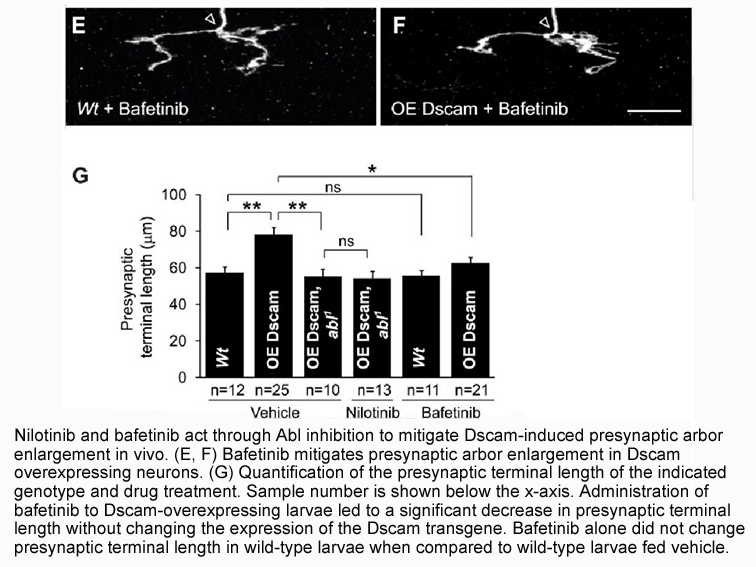Archives
In summary Welch and colleagues review is
In summary, Welch and colleagues\' review is important. Not all systematic reviews on the same topic reach the same conclusion, but the convergence between the Campbell and Cochrane reviews here could hardly be stronger. The additional network and subgroup analyses in the Campbell review find no evidence of spillover effects, no synergistic effects of co-interventions, and no evidence regarding any moderating impact of worm burden or the learning environment. Welch and colleagues encourage a further analysis using individual patient data analysis of deworming trials, although substantive new insights seem unlikely given the evidence of ineffectiveness for most outcomes across multiple analyses. In our view, the time has come for donors, governments, and philanthropists to call it a day on this magic bullet, and turn to broader problems related to childhood poverty.
Soil-transmitted helminthiasis and schistosomiasis affect more than 1 billion people, with the greatest burden in the poorest regions of the world. The global strategy for addressing these parasitic worm infections is mass deworming with anthelminthic drugs that are periodically administered to school-aged children and other high-risk groups. Traditionally, mass deworming is provided to all school-aged children, rather than a screen-and-treat approach. The goal is to control morbidity at the Cyanine3.5 alkyne level, which might reduce disease transmission. WHO has issued treatment guidelines based on infection prevalence, and several governments, donors, technical agencies, and pharmaceutical companies jointly signed The London Declaration committing to a roadmap for control and elimination of soil-transmitted helminthiasis, schistosomiasis, and other neglected tropical diseases.
Despite broad support for mass deworming—initially considered one of the best buys in public health—several concerns have been raised about this strategy. Mass deworming alone is unlikely to lead to helminthiasis elimination. Experts agree that complementary strategies, including improved access to clean water, sanitation, and hygiene and snail control for schistosomiasis, have played a crucial role in settings that have achieved interruption of disease transmission. More controversially, a debate is ongoing as to whether mass deworming confers population health benefits at all. In 2015, a landmark study investigating the long-term health and educational effects of school-based deworming came under scrutiny when data were re-analysed by a second group who challenged conclusions about its benefits. Additionally, a Cochrane systematic review found little or no effects of mass deworming for soil-transmitted helminths on nutrition, haemoglobin, school attendance, and school performance, though the quality of evidence was mainly low or very low. However, helminthiasis experts raised concerns about the standard Cochrane methodology for the issue at hand and thus tempered the conclusions.
In this issue of Vivian A Welch and colleagues aimed to address some of these concerns with a new systematic review and meta-analysis of mass deworming for soil-transmitted helminthiasis and schistosomiasis, following a Campbell Collaboration approach. New features of this analysis were use of network meta-analytic methods, separate consideration of schistosomiasis, additional subgroup analyses, and the inclusion of some observational studies, though the latter received little attention. The primary findings were consistent with the Cochrane review: mass deworming for soil-transmitted helminths does not improve nutritional or cognitive outcomes, school attendance, or mortality, whereas screening and selective treatment might improve children\'s weight. The authors found that mass de worming for schistosomiasis might slightly increase weight, but not height. The effect of treatment for schistosomiasis on haemoglobin was not presented, despite a significant effect in most trials including praziquantel and positive findings of earlier meta-analysis. Welch and colleagues\' analyses to evaluate effect modification added little apart from robustness checks and did not address the main concerns about the Cochrane review.
worming for schistosomiasis might slightly increase weight, but not height. The effect of treatment for schistosomiasis on haemoglobin was not presented, despite a significant effect in most trials including praziquantel and positive findings of earlier meta-analysis. Welch and colleagues\' analyses to evaluate effect modification added little apart from robustness checks and did not address the main concerns about the Cochrane review.